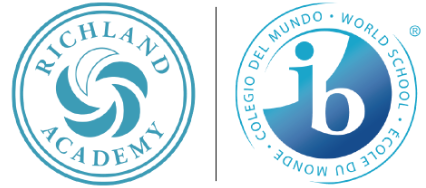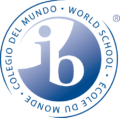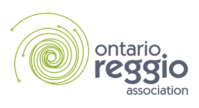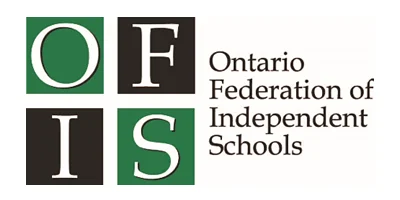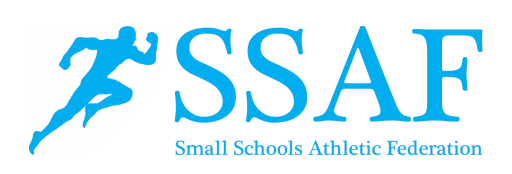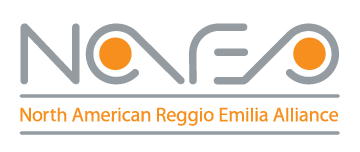According to Lilian G. Katz and Sylvia C. Chard, in the article entitled, ‘The Contribution of Documentation to the Quality of Early Childhood Education’, “Documentation in Reggio Emilia focuses more intensively on children’s experience, memories, thoughts, and ideas in the course of their work. Documentation practices in Reggio Emilia schools provide inspiring examples of the importance of displaying children’s work with great care and attention to both the content and aesthetic aspects of the project.”
It seems that high-quality documentation of children’s work and ideas contributes to the quality of an early childhood program in many ways. At Richland, we believe and honour these principles of documentation in our work with the children, and also with our work as collaborative educators/researchers.
- Enhancement of Children’s Learning Documentation contributes to the extensiveness and depth of children’s learning from their projects and other work. As Loris Malaguzzi points out, through documentation children “Become even more curious, interested, and confident as they contemplate the meaning of what they have achieved” (Malaguzzi, 1993, p. 63).
- Taking Children’s Ideas and Work Seriously Careful, intentional and thoughtful documentation conveys to children that their efforts, intentions, and ideas are taken seriously. Taking children’s work seriously in this way encourages in them the disposition to approach their work responsibly, with energy and commitment, showing both delight and satisfaction in the processes and the results.
- Teacher Planning and Evaluation with Children One of the most salient features of a project is continuous planning based on the evaluation of work as it progresses. As the children undertake complex individual or small group collaborative tasks over a period of several days, weeks, months, or even year long, the teachers examine the work daily and discuss with the children their ideas and the possibilities of new options for the following days. Planning decisions can be made on the basis of what individual or groups of children have found interesting, stimulating, puzzling, or challenging.
- Parent Appreciation and Participation(known as engagement at Richland) Documentation makes it possible for families to become intimately and deeply aware of their children’s experience in the school. As Malaguzzi points out, documentation “Introduces parents to a quality of knowing that tangibly changes their expectations. They reexamine their assumptions about their parenting roles and their views about the experience their children are living, and take a new and more inquisitive approach toward the whole school experience.” (Malaguzzi, 1993, p. 64).
- Teacher Research and Process Awareness Documentation is an important kind of teacher research, sharpening and focusing the teachers’ attention on children’s plans and understandings, and on their own role in children’s experiences. As teachers examine the children’s work and prepare the documentation of it, their own understanding of children’s development and insight into their learning is deepened in ways not likely to occur from inspecting test results. Documentation provides a basis for the modification and adjustment of teaching strategies, and a source of ideas for new strategies, while deepening teachers’ awareness of each child’s progress. On the basis of the rich data made available through documentation, teachers are able to make informed decisions about appropriate ways to support each child’s development and learning.
- Children’s Learning Made Visible Of particular relevance is that documentation provides information about children’s learning and progress that cannot be demonstrated by the formal standardized tests and checklists. Documentation of the children’s work in a wide variety of media provides compelling evidence of the intellectual powers of young children, which is not available in any other way that we know of.

Conclusions reached in this article. The powerful contribution of documentation is possible because children are engaged in absorbing, complex, interesting projects worthy of documentation. Documentation provides rich content for teacher-parent or child-parent discussions.

